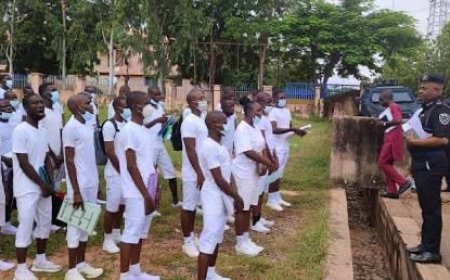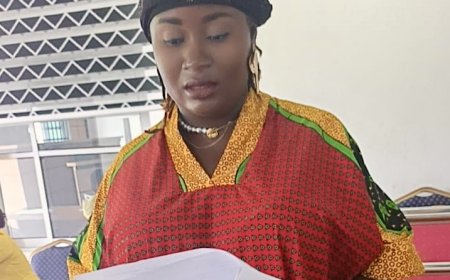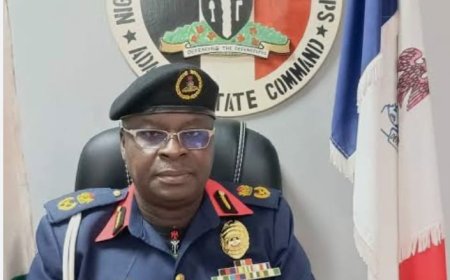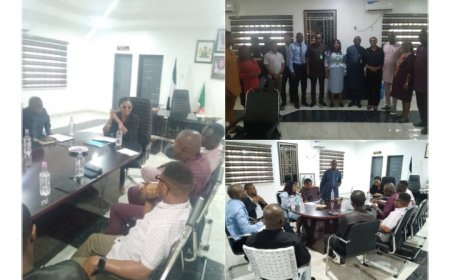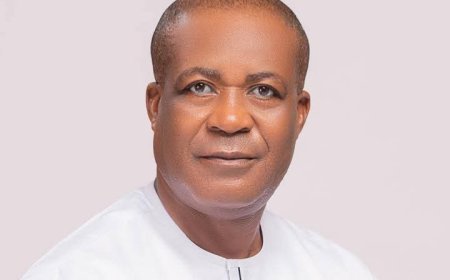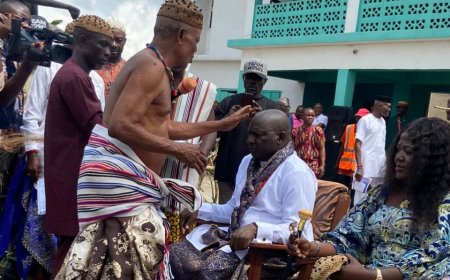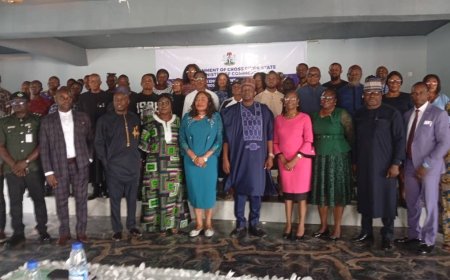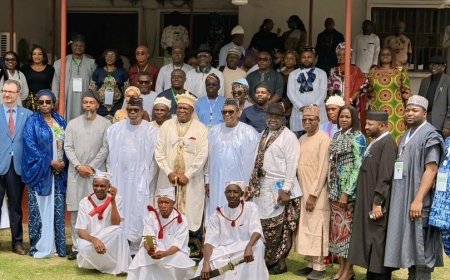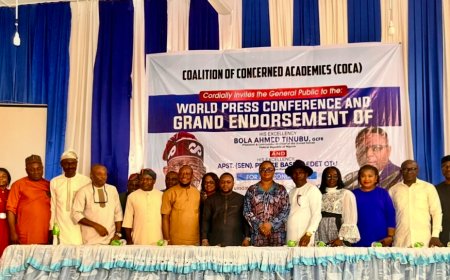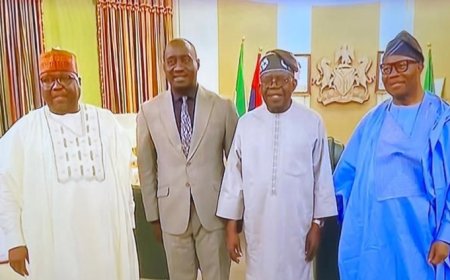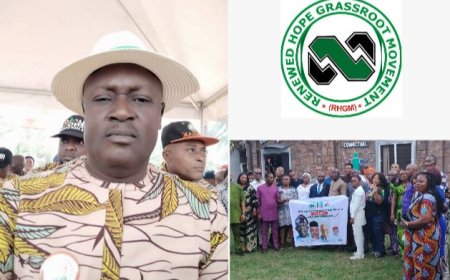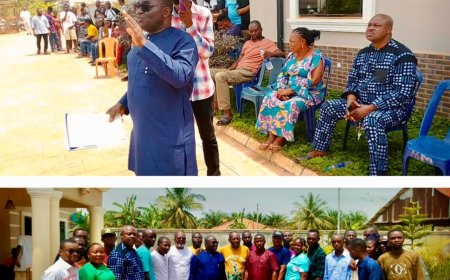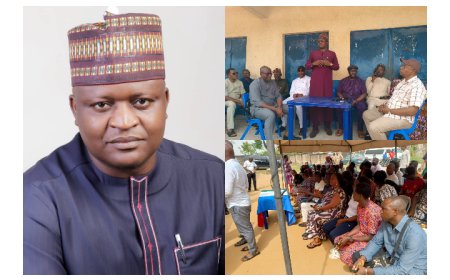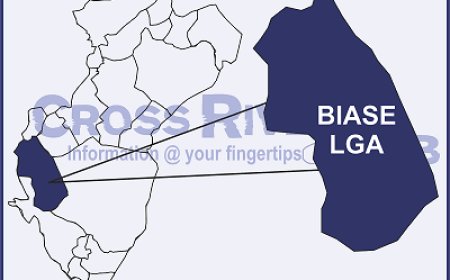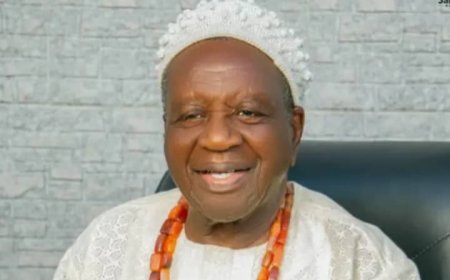Federal Government Reverses Mother-Tongue Education Policy
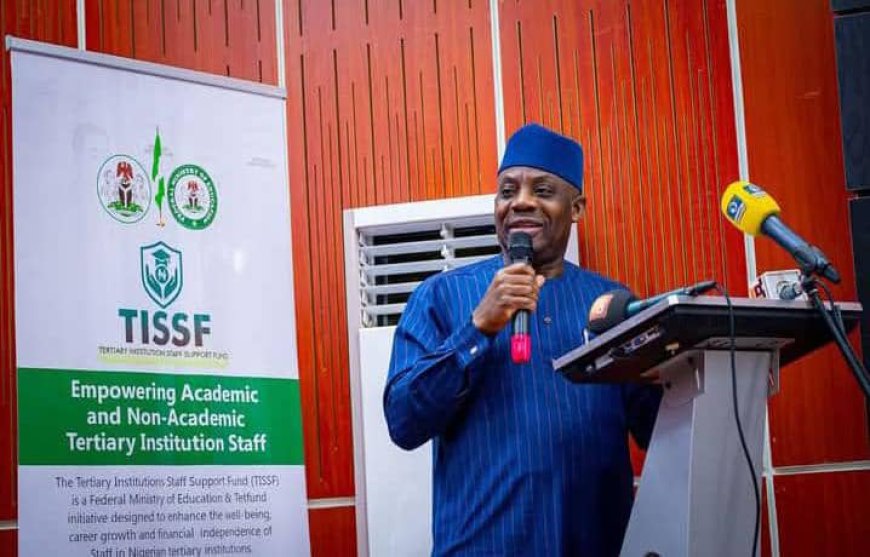
By Ekanem ASUQUO
The Federal Government has reversed the 2022 National Language Policy that required the use of indigenous languages as the medium of instruction in Nigerian schools.
Minister of Education, Dr. Tunji Alausa, disclosed the decision on Wednesday during the 2025 Language in Education International Conference organised by the British Council in Abuja. He explained that the change was approved at the 69th meeting of the National Council on Education, which took place in Akure, Ondo State, from November 3 to 7.
The scrapped policy had directed that pupils from early childhood through Primary Six be taught in their mother tongue or the language of their immediate community, with the aim of strengthening indigenous languages and improving learning outcomes at the foundational level.
Dr. Alausa said that the government’s decision to discontinue the policy followed extensive data analysis, which linked the use of local languages as the primary medium of instruction to poor academic performance in several parts of the country.
“We have observed a consistent mass failure in WAEC, NECO, and JAMB in regions where the mother-tongue policy was heavily implemented,” he noted. “Our approach is based on evidence, not sentiments. English will now serve as the medium of instruction across all levels of education — from pre-primary to tertiary.”
According to him, reliance on mother-tongue instruction over the years has weakened students’ proficiency in English and contributed to poor national examination results.
Alausa urged education stakeholders to provide credible data if they hold differing opinions, adding that the government remains open to evidence-based discussions that can enhance the education sector.
He also acknowledged the British Council’s continued partnership with Nigeria in advancing education reforms and promoting inclusive learning.
Minister of State for Education, Prof. Suwaiba Ahmed, said the government is introducing new measures to strengthen literacy and numeracy skills at the foundational level.
“We are developing teacher training programmes focused on literacy and numeracy for those handling pre-primary and lower primary classes,” she said. “This initiative will ensure that teachers are well equipped with modern methods for effective classroom teaching.”
British Council Country Director, Donna McGowan, reaffirmed the organisation’s commitment to supporting Nigeria’s education initiatives, particularly in teacher training, school leadership, and language proficiency.
With this reversal, English will once again serve as the official language of instruction in all Nigerian schools, marking a return to a system long considered essential for global competitiveness and academic success.

